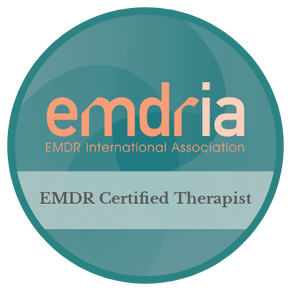|
I walked into the small, dimly lit office. A few other people had already arrived, and I noticed I was the youngest by far. I was 22 and this was my first experience at an Artist's Way group. As the meeting began, I felt a bit out of place, both because of my age and also because I learned that everyone else in the group was a mom. The organizer was a midwife, and although she had advertised the group through our local writers organization, all of the other participants seemed to be her former clients. Everyone in the group was kind and accepting of me, but they talked about their kids. A lot. I couldn't relate to that, but I was very excited to talk about the book. "The Artist's Way" was a revelation to me. It had only been out for a few years at that time, and I didn't know then that it would still be speaking to me almost 30 years later. The biggest thing the book taught me was that I wasn't alone. At that time in my life, I felt lost, as many (most?) people do in their 20s. I knew I liked to write (I had a bachelor's degree in Creative Writing, after all), and I'd landed a copy editing job at the local newspaper. But I also worked swing shift, and although I adored my colleagues, it was tough to make new friends or find time to socialize with old friends because of my odd work schedule. I liked my job but I didn't know if I liked my life. Enter "The Artist's Way." Exploring the book, I didn't feel weird prioritizing art and play over work — at the time, I was able to afford shared rent at a house while working part time, which I was thrilled about. The book also inspired me to be myself, while first finding out more about who that was. And even though I didn't have a lot in common with the other group members, they did offer me a lot of encouragement. They believed in me, and they helped me believe in myself. Every time I've done (the Artist's Way) process I've learned something new about life, myself, and the power of human connection. Now, a few decades later, I have facilitated over a dozen Artist's Way Workshops in one form or another and shared the process with scores of fellow creatives. Every time I've done this process I've learned something new about life, myself, and the power of human connection. My goal when I lead these groups is to keep the focus on the Artist's Way book and the process its author, Julia Cameron, recommends. We do naturally learn a lot about one another during the 12-week process, and we come to respect and even care deeply for our fellow participants (and, yes, sometimes people do even talk about their kids!). The reason we come together in the first place, though, is because of our love of art and creativity, our curiosity about self-expression, and our desire to experience life while we're living it. Hosting these groups is and has been my favorite thing to do, and now I can't imagine my life without it. Although I never became a parent, it feels good to know I've contributed to the world in my own way. Thank you to Julia, and to the cool women of that first Artist's Way group who helped me see and appreciate my creative gifts. If you're interested in learning more about the next online 12-week Artist's Way Workshop, hosted by Rachel Moore, LMFT, you may find more information here. I was thrilled to be asked to contribute to another story for the Shondaland website's Path to Wellbeing series. This time the topic was the benefits of water. Here's an excerpt:
“Our attraction to water is elemental and primal, ... We can feel this connection to water in our bodies, It satisfies all five senses, and that makes it really special.” You may find the full article here. I'm very excited to announce my brand new podcast: Beyond Artist's Block. My guests and I will be discussing mental health and creativity and offering lots of great resources for listeners.
Our first episode is an interview with Brian Zirngible, LMFT. Brian has a private practice in Minnesota, where he focuses on helping musicians and creative artists live more authentic and balanced lives. As an actively working musician himself, Brian says he is able to understand the unique challenges in the entertainment industry. His colleague Ernesto Segismundo Jr., LMFT, says about Brian: "He is, in my opinion, a blend between David Bowie and the modern-day psychotherapist." You may listen to this first episode here, and I plan to post new ones every other Friday. Hope you enjoy! I felt honored to be interviewed recently as part of the monthly series A Path to Wellbeing on Shondaland! It was a pleasure to talk with my friend Sandy Cohen about how routines and healthy habits can help support good health. (For example, you'll discover the number 9 may be more powerful than you think.) You can find the full article here. Hope you like it!
I'm very excited to announce I am now officially an EMDR Certified Therapist! I was trained in EMDR in 2015 and have been using it as my main therapy modality since then. I've had a LOT of experience with EMDR over the years, yet as a neurodivergent person the prospect of tackling the paperwork to become officially recognized felt overwhelming for a long time. However, with support from my family, friends, and some wonderful colleagues, I finally made it happen. It feels good to have my professional "outsides" match my "insides" more closely now. I"m also considering becoming an EMDR consultant sometime down the road, but that is a few years and a bit more paperwork to go. ;-)
I'm writing this from a hotel room in Berlin, Germany. My husband and I decided to take a day off from sightseeing to rest our feet and our brains. It's been a while since I've traveled overseas, for obvious reasons, and it's caused me to think a lot about cultural differences (I've already been admonished several times for not knowing some of the written and unwritten rules here!).
I'm starting another online workshop soon based on the book "The Artist's Way." At the beginning of the book, author Julia Cameron talks about the negative beliefs we may have about what it means to be an artist, including being broke, irresponsible, and ultimately doomed. She doesn't talk about where these ideas come from, though, until later in the book. The usual suspects of families of origin and academia are addressed, though U.S. culture as a whole is largely left off the hook. Lately I've been wondering: Do they need "The Artist's Way" in Paris? Or any other culture that isn't American? I haven't done any research on this, and I honestly don't think one culture is better than another (though I do have my personal preferences) because there are always tradeoffs with any system. I do think it brings up an important point, though: Maybe there's nothing wrong with you for wanting to be creative. Maybe the problem is that your surroundings don't support your particular skills and interests. This is a concept I've been exploring as I've delved into the neurodiversity-affirming movement, as well. Although there is a bit of debate about the definition of neurodiversity, it generally refers to cognitive brain differences such as ADHD, autism, dyslexia and dyscalculia (difficulty with math and numbers). To be affirming of neurodiversity is to see these brain differences as just that, differences and not "problems" to be solved. The focus is put on supporting the neurodivergent person's gifts and needs rather than trying to get them to fit into a more neurotypical society. Although creative people can also be neurodivergent, it isn't always the case. I do think, however, we can borrow the idea that being creative is simply a brain difference — some people are naturally good at engineering, while others have a talent for painting (or maybe even all of the above!). Being drawn to creativity isn't a problem to be fixed; it's something to be celebrated. The culture around us may or may not support it, but that doesn't mean it's wrong. It doesn't mean *you* are wrong, either. To quote Kasia Urbaniak from her book "Unbound": "We don't create desires, and we don't choose them — they arise within us." If you desire to be creative, that desire will never leave you. You *can* choose how you want to express yourself, though, given whatever circumstances you happen to be in at this particular moment. Sing a little song, write a little poem, or support an artist you appreciate. Honor that part of you that sparks joy (Marie Kondo's advice doesn't only apply to organizing sock drawers!). You may also find accepting the part of you that wants to be creative will help bring balance to other parts of your life, too. * * * If you want more support for your creativity this summer, consider joining us for the next Artist's Way Workshop, starting June 10, 2022. We will meet 10-11:30am PDT Fridays for 12 sessions (skipping July 15). It's a great way to give yourself a respite from the day-to-day world. Wishing you the best in all your adventures! I felt honored to be a guest recently on the podcast Before You Kill Yourself. The host, Leo Flowers, is a comedian who also has a master's degree in counseling. (Something that may be even rarer than a former-journalist-turned-therapist like myself!) Leo's podcast offers hope to folks who may be feeling hopeless, and I enjoy how he uses his own life experiences (like any good comedian does) to help inspire others. I hope you like our free-flowing discussion about EMDR, the brain and body's ability to heal, and other fun meanderings.
P.S. My favorite clip from Leo's comedy is here. I had a wonderful time speaking with Lindsey Dineen recently on her Artfully Told podcast. We discuss the importance of creativity and how we both want to do ALL THE THINGS! I hope you enjoy this uplifting and affirming chat. Click here to listen (written transcript included).
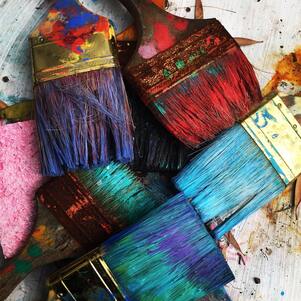 Photo by RhondaK Native Florida Folk Artist on Unsplash Photo by RhondaK Native Florida Folk Artist on Unsplash The next Artist's Way Workshop begins online June 18, 2021! Here are some questions folks have asked about the group: Is it OK if I miss one or two group meetings? It is totally OK! It's normal to not be able to attend all of the meetings, especially during the summer. Because we review a chapter each week, you are more then welcome to keep up with self-study during the time you may be absent. How big will the group be? The group will have a maximum of 10 participants. Will you have a weekend or evening option? This may be available in the future. For now, our next 12-week group will be 10-11:30 am (PDT), starting June 18 and ending Sept. 3. What is the cost? Your investment will be $360 for the entire 12-week group. You may also choose an installment plan of two payments of $180 (more info here). What is the difference between going through the book by oneself or in a group? I've only met one person who's said they have completed the book on their own! There seems to be something about the book that works best with the support and accountability of the group process. Plus, it's a lot of fun! What is the structure of the group meetings? We will review one chapter each week over 12 weeks. Each group starts with a check-in, followed by a discussion of the chapter. We also will talk about creative tasks from the book the group chooses to focus on each week. I've been checking out the idea of morning pages from the book. Is it OK if the things I write are negative? Yes! It is for sure OK because the idea is to get all of those things out onto the page so you can focus on other things during the day. Also re: morning pages, do I have to always write three pages? Do they always have to be written in the morning? As far as I'm concerned, it's fine to write as much or as little as you like (I say if you don't have availability to write three pages, write three paragraphs). This is a little different from author Julia Cameron's guidelines, and you can choose for yourself what works best for you. I also think it's OK to write the pages whatever time of day works best for you. In other words, give it your best effort and don't let the details hold you back. I have some other questions about the workshop. May I contact you? Yes! You may send me a message here or schedule a time to chat here. How do I register? For more info and registration, click here. See you soon!
I had a fun time talking with Vinnie Enriquez on the Road to Growth podcast. We touch on topics that are near and dear to me — creativity, business, and the importance of the therapeutic relationship. Also, this was my first live interview — that was an adventure! I kind of want to do it more now... Hope you enjoy the episode!
|
AuthorRachel Moore, LMFT, is a Licensed Marriage & Family Therapy in San Diego, CA. Rachel helps writers, artists, musicians, and other creative types overcome anxiety and trauma. She is certified in EMDR therapy and also trained in Brainspotting. Archives
December 2023
Categories
All
|
Rachel Moore, LMFT
Licensed Marriage & Family Therapist MFT #102826
rachel(at)rachelmoorecounseling.com
www.rachelmoorecounseling.com
619-577-4514
Licensed Marriage & Family Therapist MFT #102826
rachel(at)rachelmoorecounseling.com
www.rachelmoorecounseling.com
619-577-4514
Address:
3232 4th Avenue
San Diego, CA 92103
3232 4th Avenue
San Diego, CA 92103
(Remote video sessions also available for residents of California or Montana)
We are committed to providing a safe, affirming, and inclusive therapeutic space for all ages, races, gender identities, sexual orientations, national origins, relationship statuses, health statuses, disabilities, ethnicities, and religions.
If you are in crisis, assistance is available 24/7 at:
San Diego Access & Crisis Line
888-724-7240
National Suicide Prevention Line
Call or text: 988
If you are in crisis, assistance is available 24/7 at:
San Diego Access & Crisis Line
888-724-7240
National Suicide Prevention Line
Call or text: 988
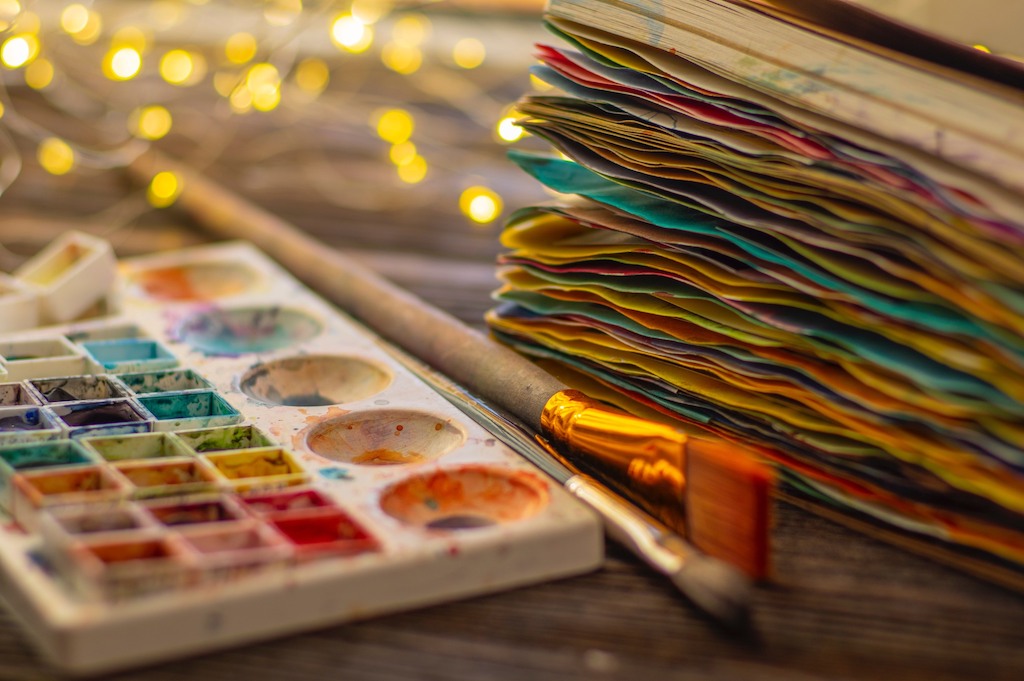
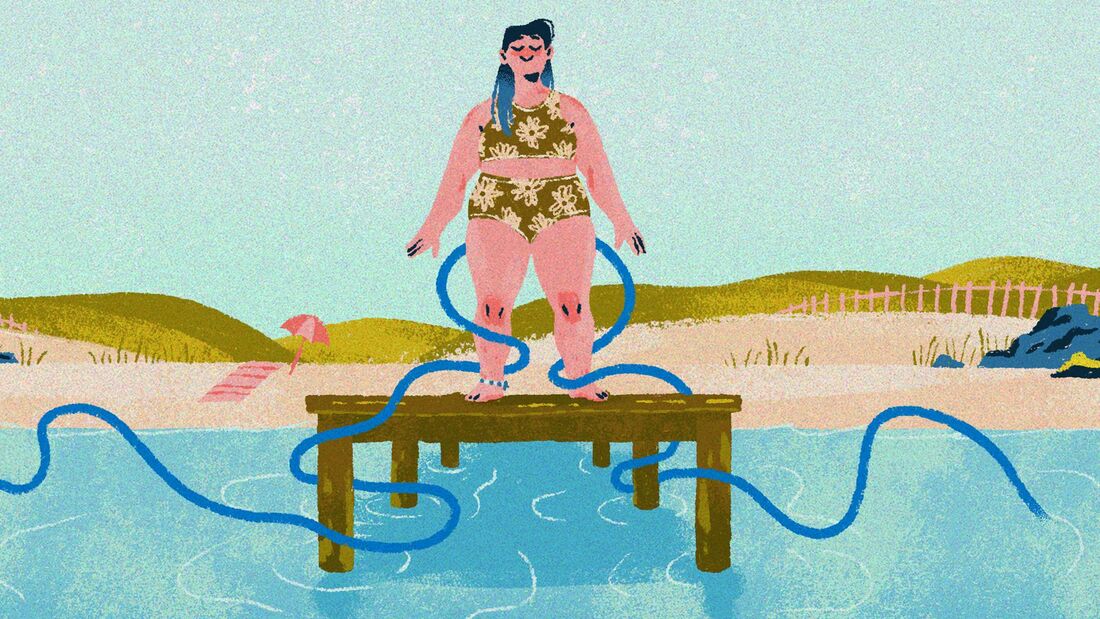
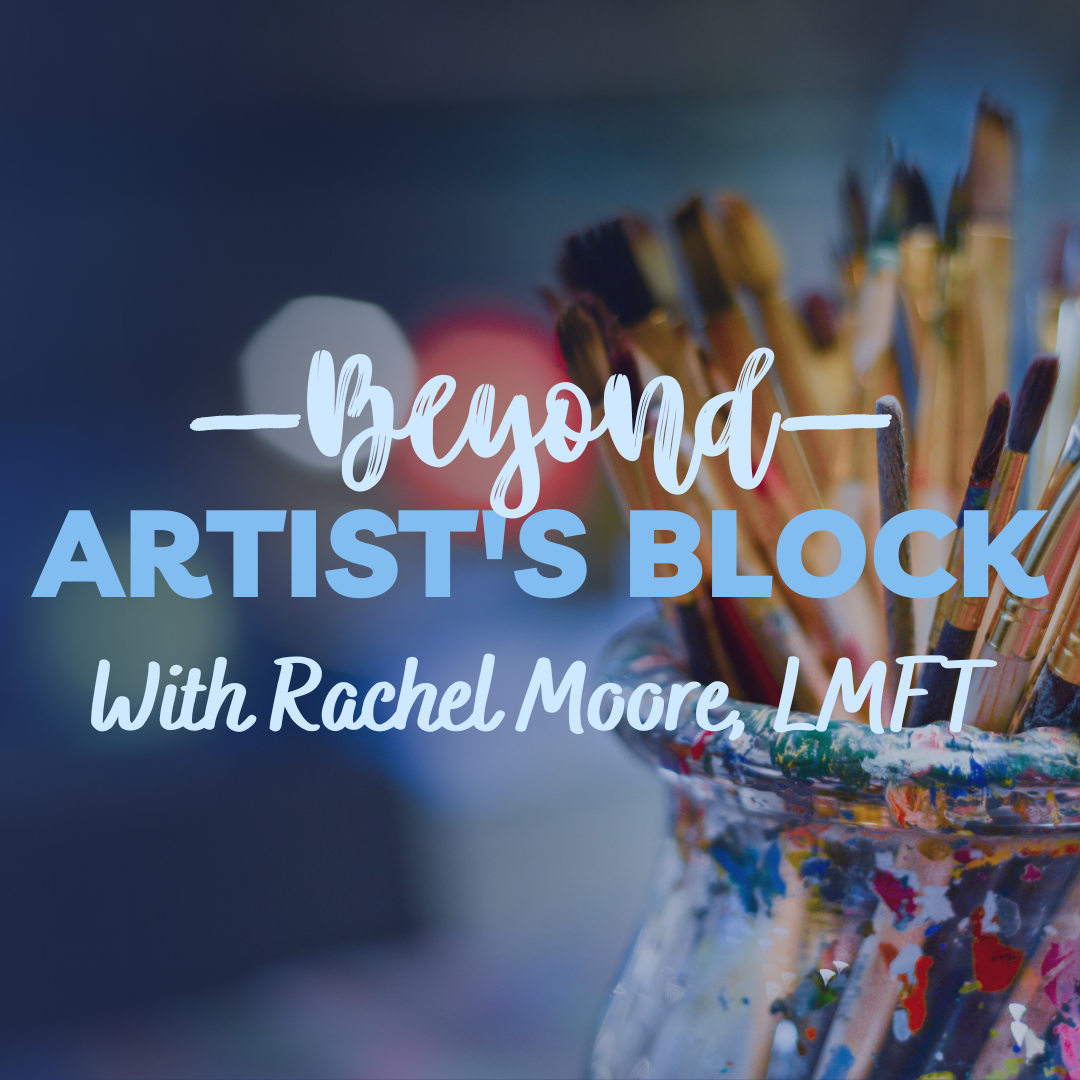
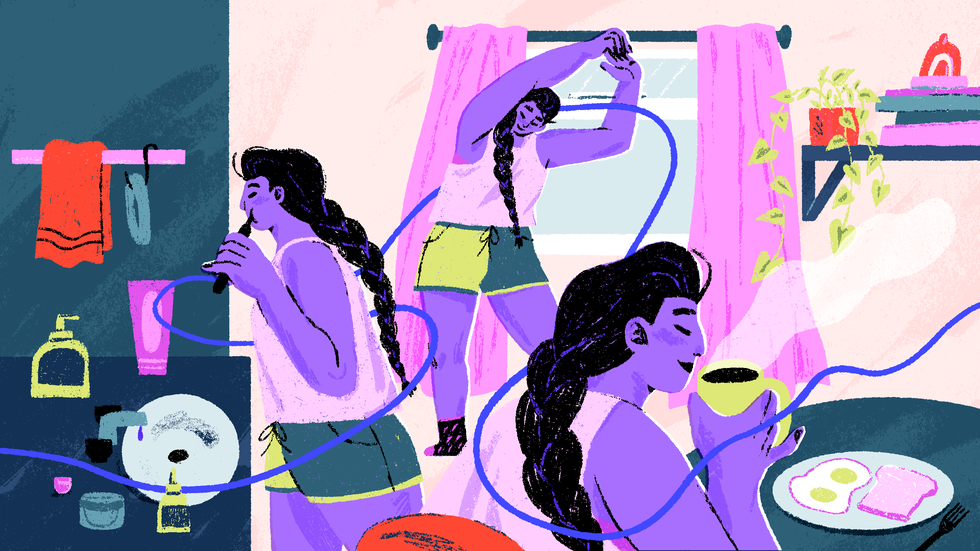
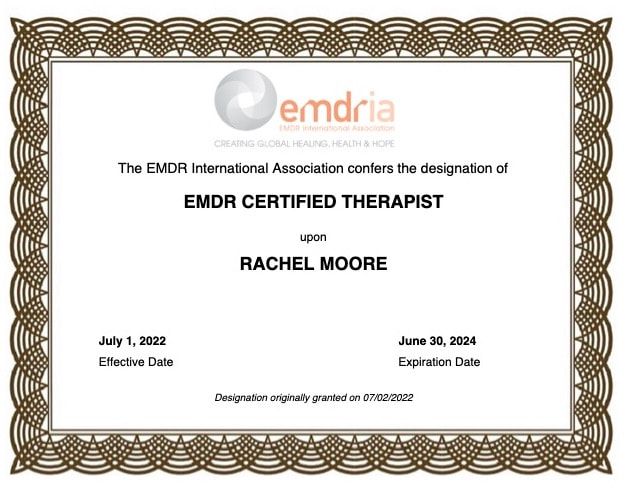
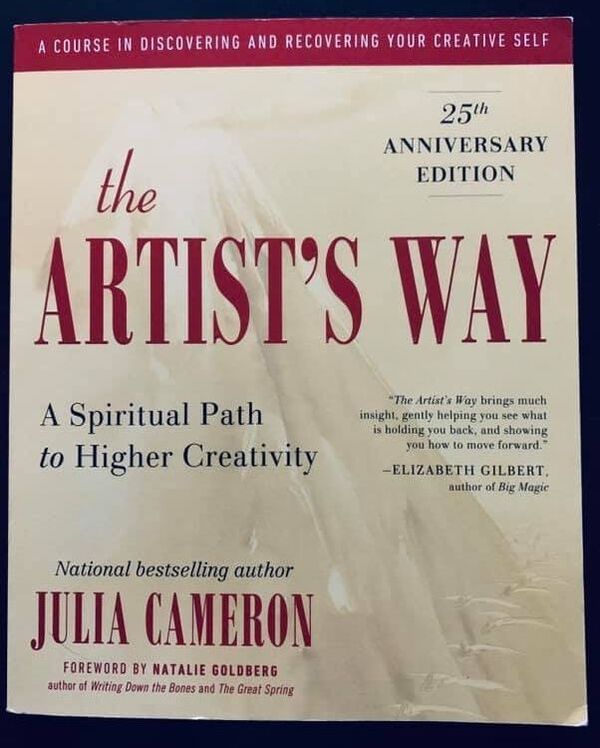
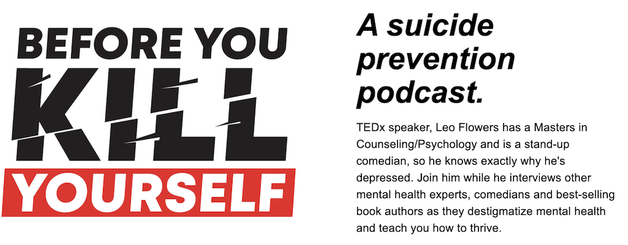
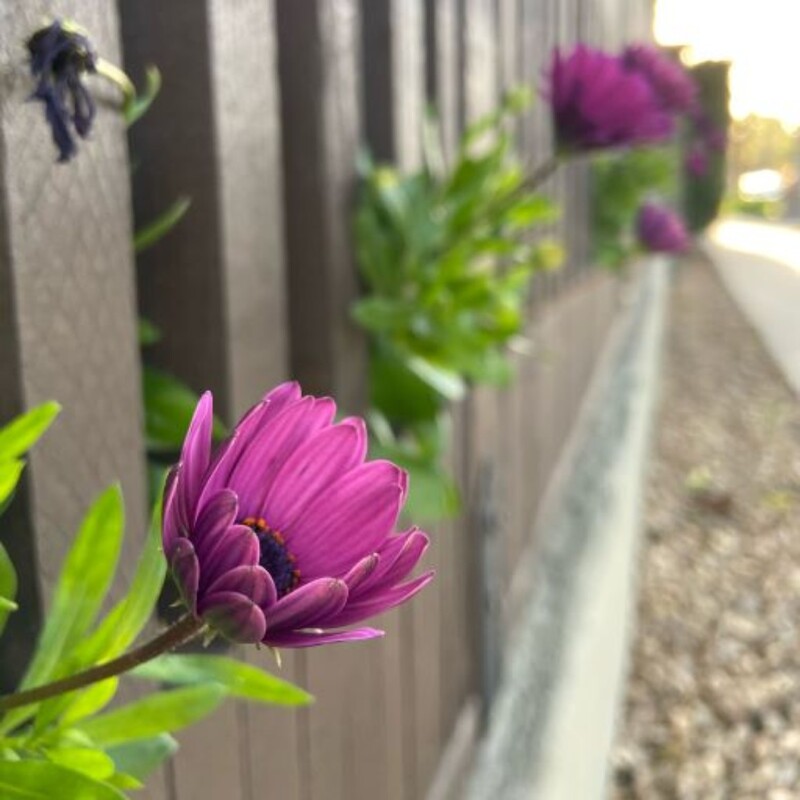
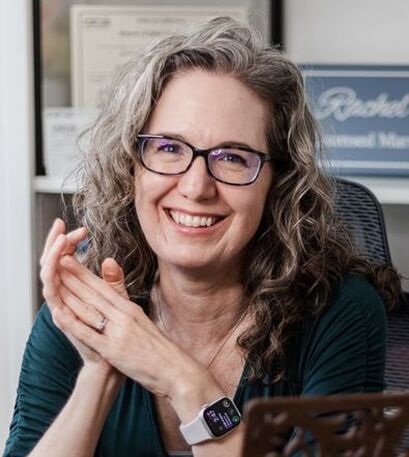
 RSS Feed
RSS Feed
